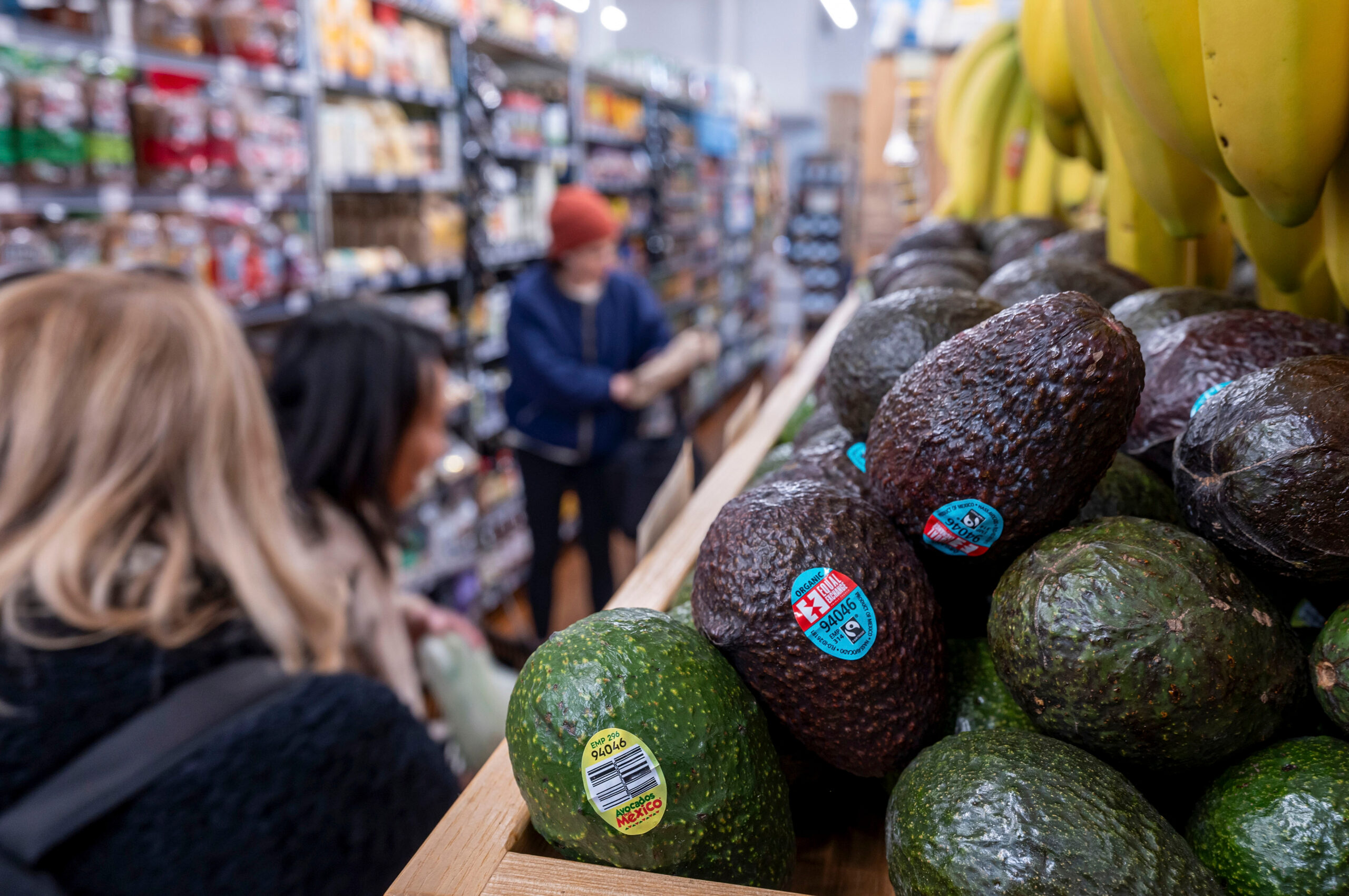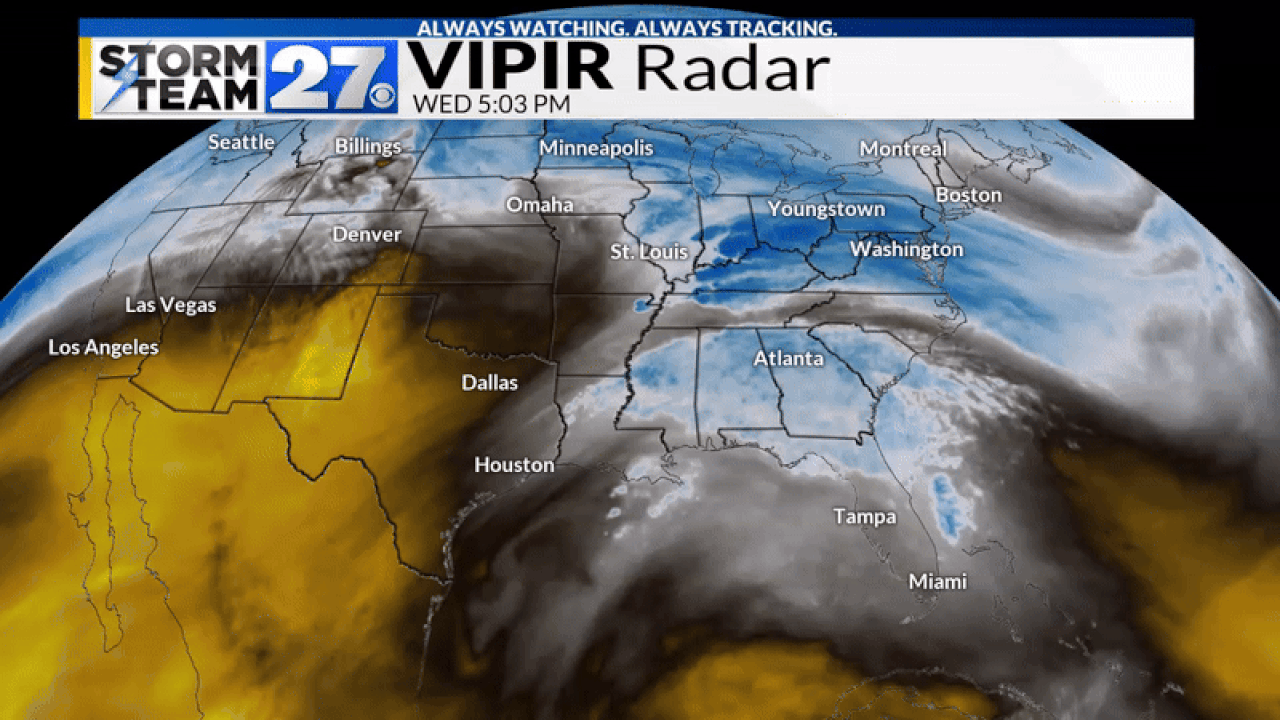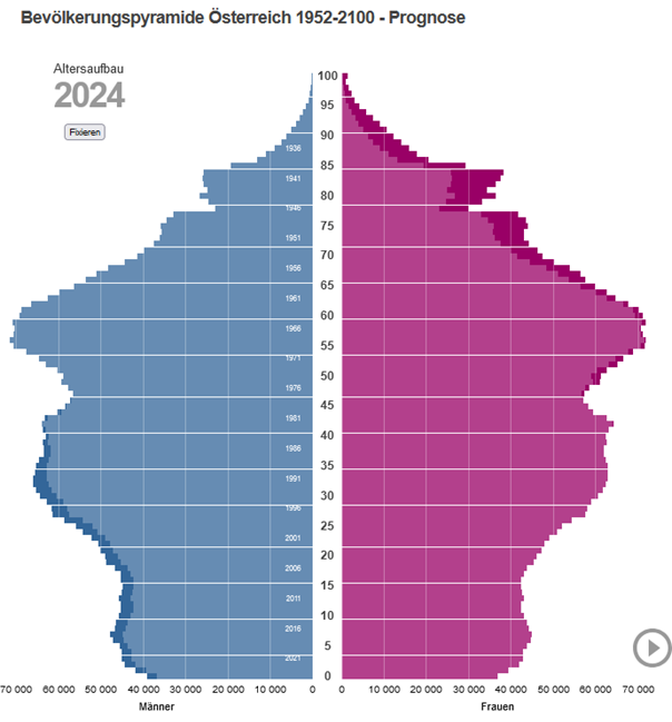
President Donald Trump’s newly enacted tariffs against three of our country’s largest trading partners — Canada, Mexico and China — are expected to take a toll on Wall Street on Monday morning.
Right now, the Dow Jones is expected to open more than 600 points down, as Americans are on edge about the potential impact these tariffs could have on their wallets, especially since those three countries accounted for 42% of total U.S. imports last year.
One major concern is increasing prices at the grocery store. The problem is that grocery prices are already up nearly 30% over the last five years.
Mexico’s president, Claudia Sheinbaum, announced on Monday that after a conversation with Trump, the U.S. would be delaying the tariffs against its southern neighbor for a month. Mexico agreed to ramp up security at its border with the U.S.
The tariffs are also expected to raise the cost of gas, electronics and cars, among other things, but lowering the price of groceries was something this administration promised to do, so you can understand why some people are upset.
Some of our top imports from our North American neighbors include fruits, vegetables, grain, livestock, meats and poultry. Avocados are one product in particular that could be affected, as the U.S. imports more than 80% of its avocados from Mexico. And from Canada, chocolate, pork and vegetable oil prices could be affected.
Now you’ll be paying more for all of them, because tariffs are paid for by the companies that are importing the goods.
All in all, it’s a 25% wholesale tariff on both Mexico and Canada, and a 10% tariff on China. Trump said it’s all part of an effort to stop the flow of drugs and curb immigration into the U.S.
Jesse Witkowski, the founder of Deal Flow Xchange, a local company that helps entrepreneurs raise capital from investors and lenders, said the latest tariffs may end up costing an average U.S. household between $800 and $1,200 more per year.
“There’s logistical challenges at the beginning,” he said. “There’s certainly going to be a slowdown of sorts temporarily in the supply chain. There will be some things that need to be figured out, but at the end of the day if costs are going up to produce something then they usually are passed on to the end consumer, and in this case they certainly will be.”
The U.S. is set to begin collecting tariffs on Canadian goods on Tuesday. Mexico and Canada have already said that they are planning retaliatory tariffs on U.S. goods.
#products #impacted #NECN









Leave a Reply